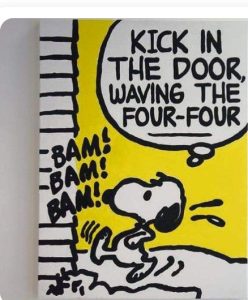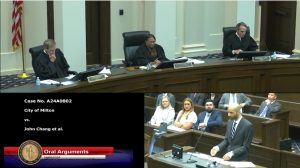Supreme Court Decision Summary: Martin v. United States (2025)
By Christopher Simon – June 13, 2025
 Introduction
Introduction
In Martin v. United States, decided June 12, 2025, the U.S. Supreme Court addressed a deeply troubling and unfortunately common scenario: a wrong-house police raid by federal agents. The case arose from a 2017 SWAT operation in suburban Atlanta, where FBI agents executed a raid on the home of Hilliard Toi Cliatt, Curtrina Martin, and Martin’s 7-year-old son—innocent civilians who suffered injury and terror when a flash-bang grenade and armed officers shattered their quiet morning.
 Atlanta Injury Attorney Blog
Atlanta Injury Attorney Blog


